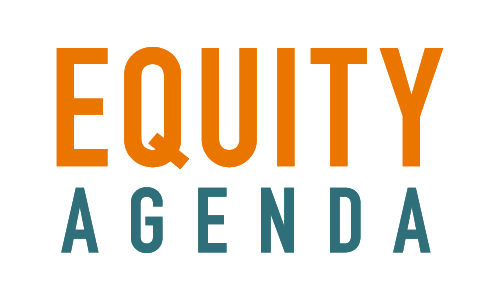Today’s post is not about policy, nor about specific solutions. It is simply some reflections about how our views on public safety are shaped by our gender and race, that are most relevant for fellow White people.
Recently I was fortunate to co-facilitate a small cohort on policing through the Women Mayors Network. I am grateful to get to participate in this work; to learn and to sit with the complexity of it. The need for change, to a public safety that encompasses and keeps ALL of us safe amongst each other and from the state is a goal that I hold closely. The solutions, the politics around safety, and the complications of the ways our identities inform our views in ways both expected and unexpected are far more complex.
A Black woman mayor had the idea for the cohort and women in the network answered the call, wanting to explore together changes that had real impact in the elimination of racialized police violence.
Throughout this work, I’ve been thinking a lot about my perspective on policing and public safety, specifically as a White cis woman.
In particular, I’ve thought about how we internalize the constant socialization of White girls and women about our vulnerability to physical harm, especially rape, and how this socialization makes us a perfect weapon on behalf of White supremacy. When we reflect those internalized messages externally in our advocacy without analysis, we are doing great harm. And we don’t often question how this instilled fear keeps us from living our lives fully and without fear- we do the work of oppressing ourselves.
More importantly, we don’t see this socialization as racialized. But all women don’t receive the same cultural and social messages, though we all do experience gendered physical harm including rape. Social and cultural messages to women of color are different than those to White women, and are different for Black women than they are for Latinas and Asian women. The messages that women get about ourselves regarding our gender are in fact *entirely dependent* on our race. (And other identities too- it’s not difficult to think about how poor women, LGBT women, and disabled women get different messages about their gender, just to name a few.)
This socialization, and the fact that we often act as a result of it without questioning the racial genesis of it, is reflected in much of White women’s activism at the local level, from neighborhood planning to school issues to local budgets.
Our accumulated identity as vulnerable bodies is manifested most noticeably, however, in our views on policing and public safety. Some White women unquestioningly support current methods of policing. Many of us are silent about the ways that policing also hurts all those who are not cis men because of our gender. These hurts stem from a toxic masculinity in policing that keeps us from true public safety when we interact with police and the criminal justice system- when we experience family or intimate partner violence, sexual assault, or are engaged in sex work. Current policing and criminal justice practices don’t prevent gendered violence and rarely result in healing or justice for survivors. Gendered state violence by police and the criminal justice system is also a reality, and toxic masculinity is at the root of the unaddressed plague of murders of Black transgender women, police misgendering transgender and nonbinary victims of crime, and the abuse of sex workers at the hands of the police.
It’s my hope that we can spend some time thinking about how our liberation is bound together with others who experience police violence and/or do not experience real, comprehensive public safety because of their identity. This also will involve being honest about our own safety- acknowledging that we too experience gender-based violence and that we are not safer under the status quo. It will require a bit of internal digging and thoughtful analysis- these are not uncomplicated perspectives and realities. But if we’re able to do this, we can contribute meaningfully to the work of creating the public safety we all deserve.
